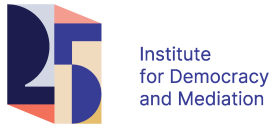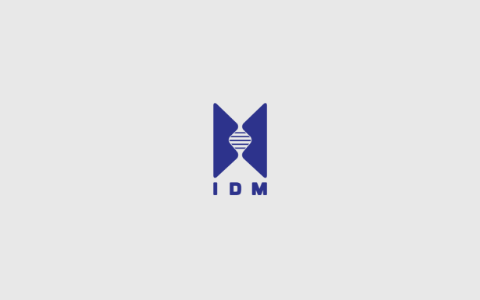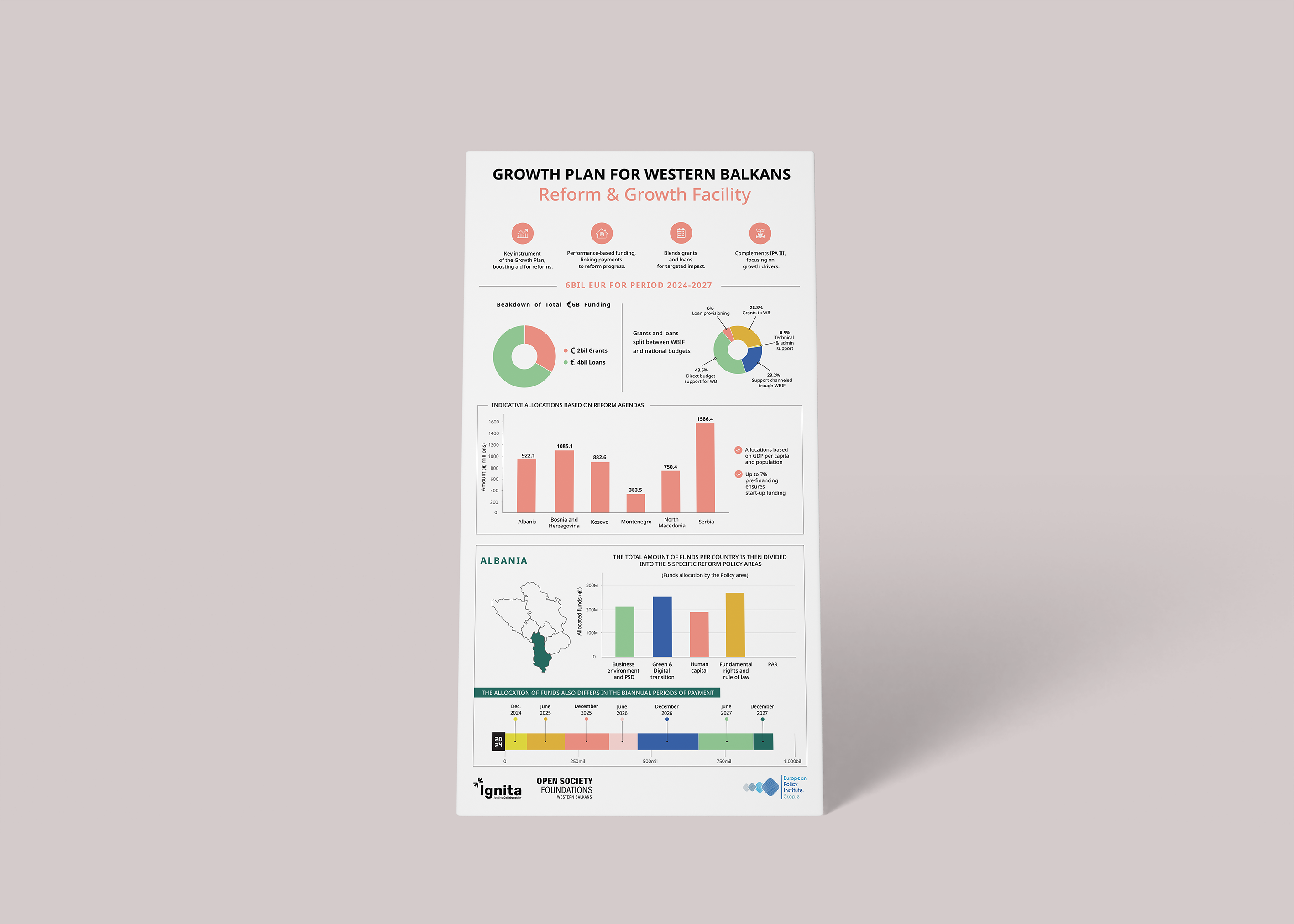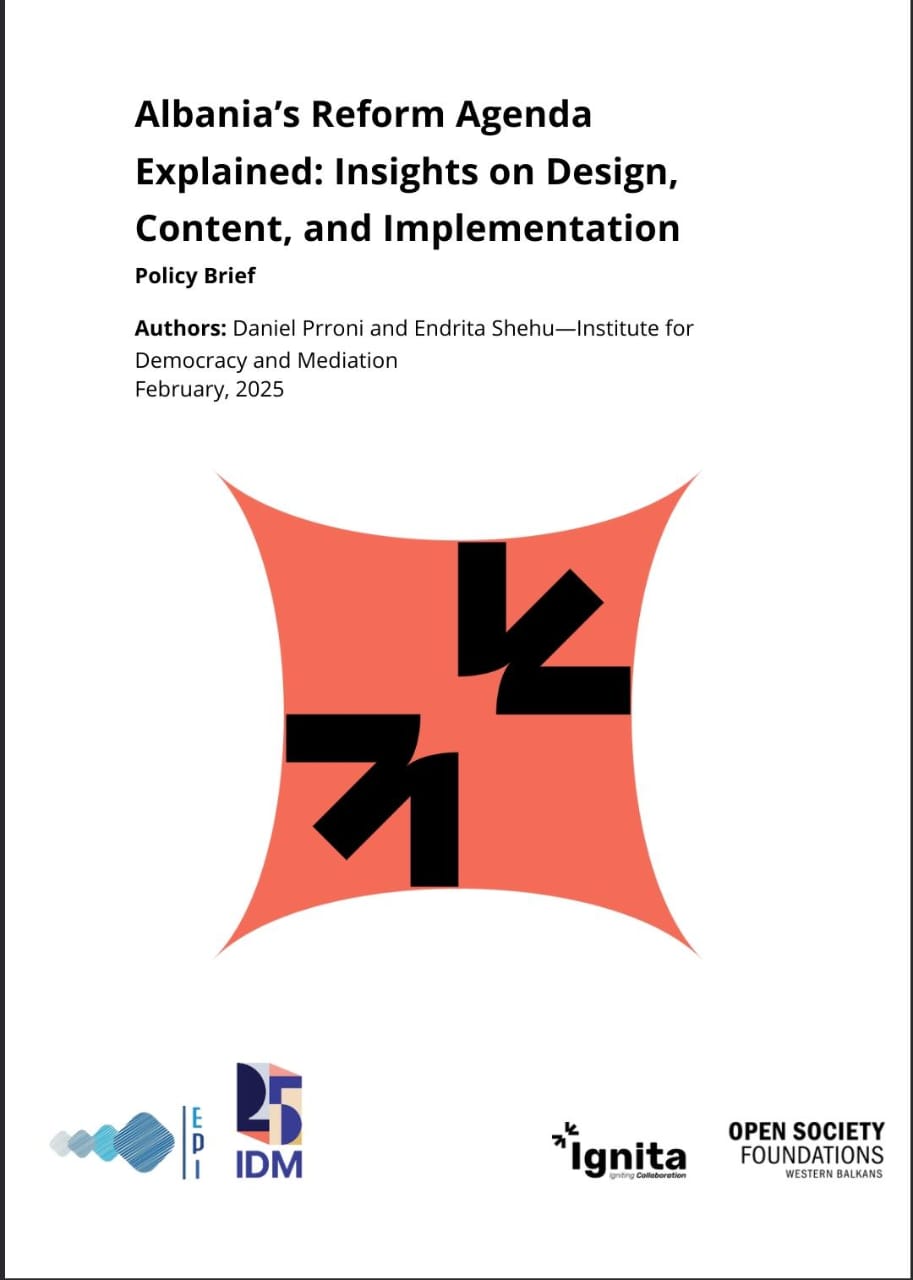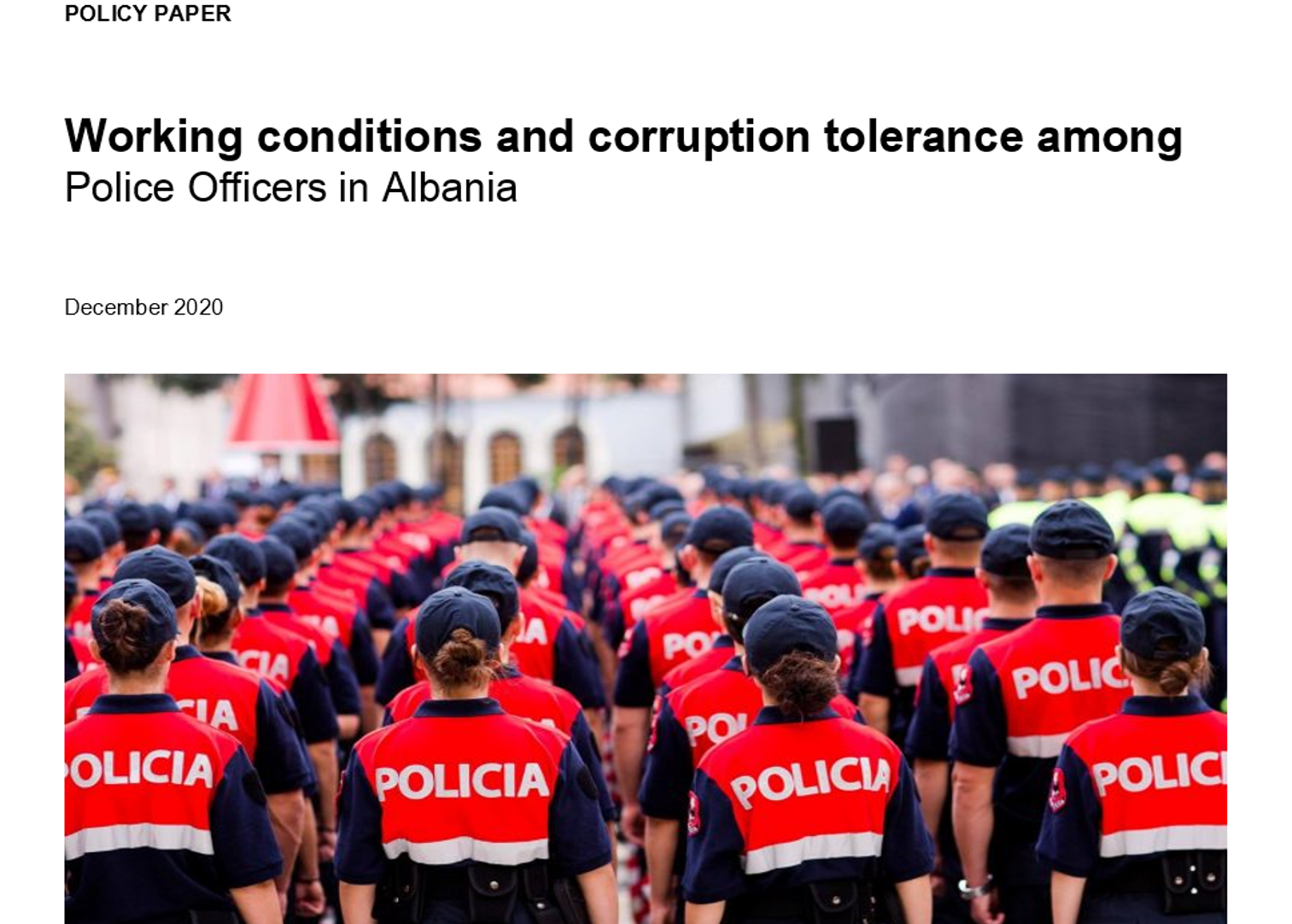December 2020 -This paper focuses on the preventative approach to corruption in the police force, paying particular attention to measures that target the factors which have been proven to increase the incentives and opportunities for police corruption. The main goal is to understand the extent to which current working conditions and the organisational culture shape police officers’ perceptions on corruption tolerance in their line of work. The analysis addresses the following questions:
- How do human resource management systems (reward management, such as pay, benefits and training) affect predispositions to corruption?
- How does the organisation’s ethical climate (the existence and communication of ethical and integrity guidelines, or a code of conduct) impact on predispositions to corruption?
buy symbicort online buy symbicort online generic
Click to download the policy paper in English and Albanian.
The first section of the study provides an overview of existing means of curbing police corruption, focusing particularly on preventive measures in countries where they had been successfully implemented.
The next section uses data from a public survey and interviews with police officials and representative from Police Syndicate to check whether working conditions influence corruption perceptions. The final section draws conclusions and provides recommendations on how to enhance the effectiveness of anti-corruption measures in the Albanian police force.
This study was conducted in the framework of the “Building Integrity to Improve Performance and Sustainability in the Fight against Corruption in the State Police in Albania” project supported by a grant of the Ministry of Foreign Affairs of the Netherlands. The objectives, implementation, and results of this project constitute responsibility for the implementing organization – the Institute for Democracy and Mediation (IDM).
Any views or opinions expressed in this project are solely of the implementing organization and do not necessarily represent the views and opinions of the Government of the Netherlands.
